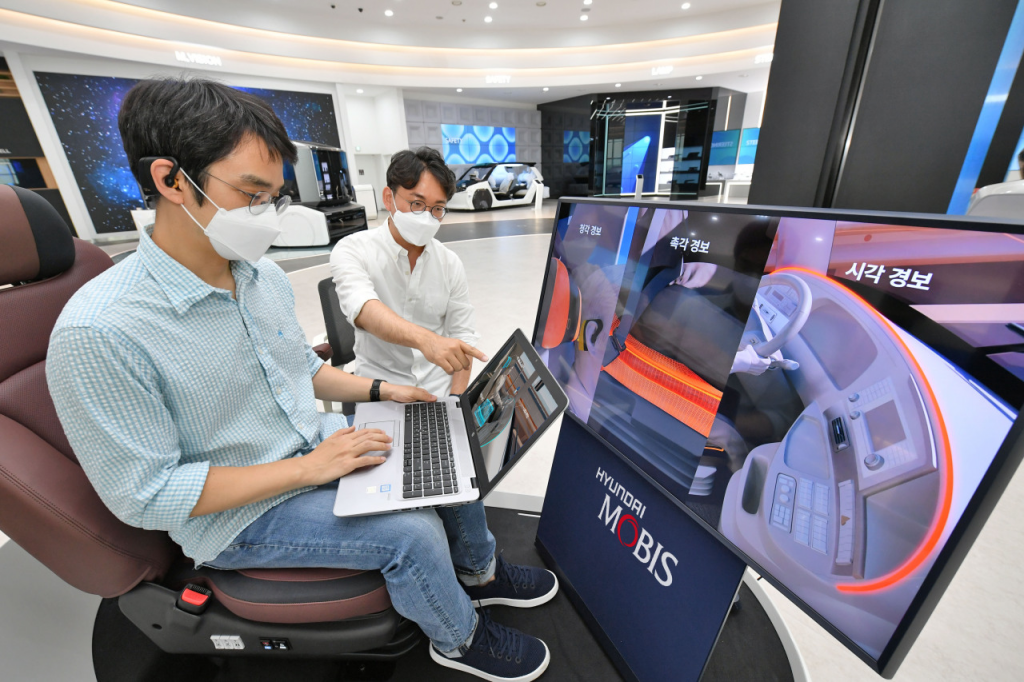As part of a ‘Safer Public Bus’ campaign, the South Korean province of Gyeonnggi is looking to improve the safety of its bus systems by monitoring the brain waves of drivers. Drivers equipped with the brainwave sensors, developed by Hyundai, will receive a number of audio-visual alerts in response to brain activity indicating that they are driving unsafely.
Getting into the mind of a bus driver
This sounds a little intrusive at first, and it would be if there were some governmental mandate forcing drivers to shove Neuralink chips into their ears, but that’s not what this is. This system is currently in a trial phase, and will be until the end of the year. It also operates entirely on a volunteer basis.
Cities Today (via The Next Web) reports that so far 20 drivers have stepped up to participate.
The Hyundai-made sensors are fitted to the drivers’ ears, and monitor brain activity. Should they pick up indicators of anything that may impair a driver’s ability (such as drowsiness), they’ll signal a number of systems that will provide the driver with an audio and/or visual alert (such as flashing LEDs and smartphone notifications) that their driving is dangerous.
“Accidents occur many times because of drivers’ drowsiness, stress, or careless driving when they are behind the wheel,” said Bus Policy Division Manager Chang-hee Cho to Cities Today.
“This ear-set sensor will help reduce the possibility of accidents if the driver is stressed or tired, and contribute to making driving safer.”
The Gyeonggi government is working closely with trialing drivers to improve the system.
“After [the initial test], we will conduct a survey of bus drivers who participated in the test and hear diverse voices from experts and those involved to decide whether to make further expansions.”




